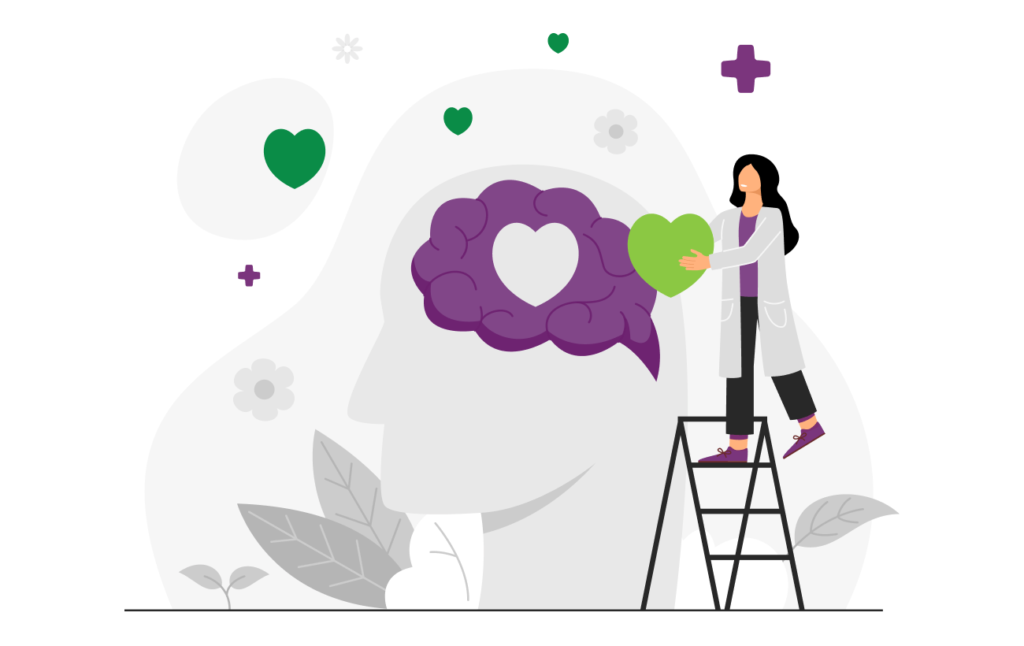Using Optimism and Hope to Battle Stress and Anxiety

As we exit the long days and chilly winter temperatures, many still experience feelings of sadness and fatigue. But we persevere, knowing that as we continue through each day, they get longer and lighter with the promise of even warmer, brighter days ahead.

The Siege Mentality
You may know about the body’s “fight or flight” stress response, which is a healthy, natural way for our mind and body to help us through times of danger or difficulty.
What you may not know about is the “siege mentality” caused by an ongoing, widespread challenge like a pandemic. It’s a shared feeling of anxiety and an urge to isolate that affects both individuals and society at large. With the stress caused by the ongoing pandemic, combined with the winter season already making us weary and wanting to hibernate, feelings of stress and anxiety are at an all time high. The longer the stressor, the more likely for it to become a chronic state of stress and develop into feelings of hopelessness.
Chronic stress physically changes your brain and body, increasing the possibility of experiencing a mental illness such as depression. It can also affect your physical body, making you feel weak, upsetting your digestion, and even putting you at risk for heart attack and stroke.

What You Can Do
You can take steps to reduce the effects of stress and anxiety before they get the best of you:
- Limit your media consumption. Avoid spending too much time tracking the latest news and commentary about current events as it can increase stress.
- Limit your social media use. Constantly scrolling a social media feed will make you more anxious.
Then, try to take an optimistic view of what’s happening in your own life:
- Practice gratitude. Try ending your day by thinking of three or more things for which you’re grateful.
- Nurture hope and compassion. Notice things that give you hope each day. Saying a kind word or doing a quick favor can help you see the good.
- Remember bad moments eventually transition to good moments. Remind yourself that temporary difficulties are part of the process in reaching a positive state of mind.
- Connect with positive, supportive people. When you connect with others each day or week, choose those who have a positive attitude and can support your desire to improve your own response to the circumstances you’re facing.
- Take time for your body. Eat healthy, sleep enough, stay moving. Each of these can fight back against stress-induced changes your body may be experiencing, which can help improve your mental health.
Keeping a healthy perspective can help you create a day-to-day experience that reduces extra stress and anxiety. Remember to reach out to a professional for help—starting with your primary care provider—if you feel overwhelmed by stress or hopelessness.

If you feel like you need help managing your mental health, the professionals at aptihealth can get you on the fast track to feeling better at aptihealth.com/CDPHP.
To speak to a CDPHP representative about all the mental health care services available to you, contact the CDPHP Behavioral Health Access Center at 1 (888) 320-9584. If you are in a life-threatening situation, call the National Suicide Prevention Lifeline at 1 (800) 273-8255.
*Some employers who self-insure may not have this benefit. If you are unsure if your plan includes this benefit, please contact CDPHP member services
 The Daily Dose
The Daily Dose
Comments are closed.